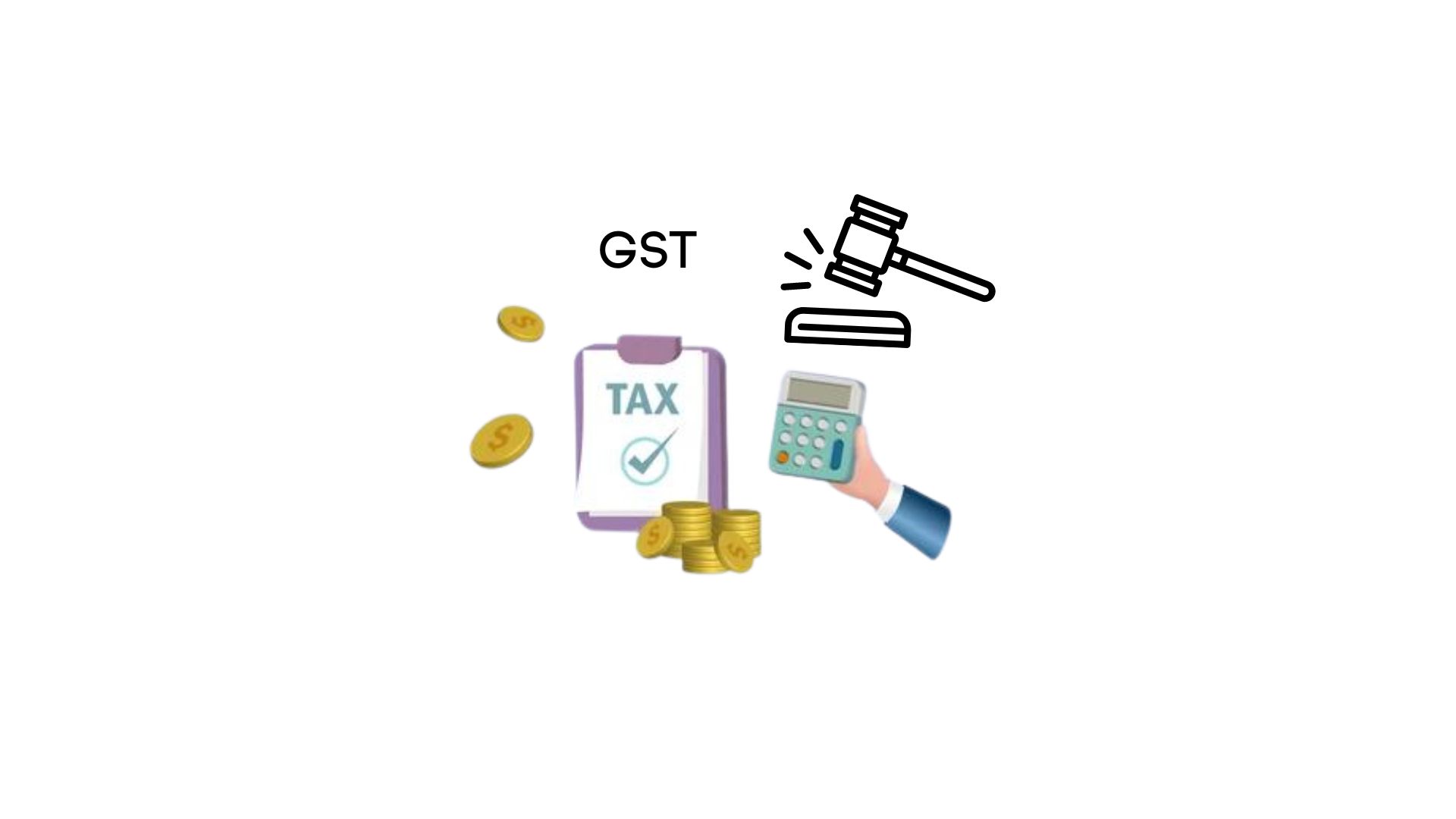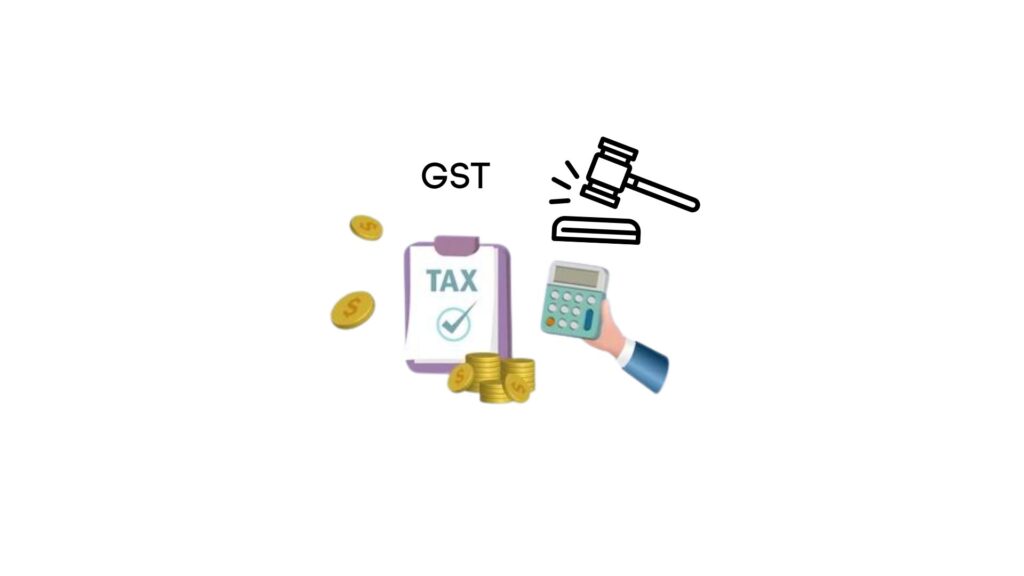
28 Mar Delhi High Court Alters Retrospective Revocation of GST Registration

In the legal case of Supreme Enterprises versus Principal Commissioner of Goods and Service Tax, North Delhi, the Delhi High Court recently deliberated on the matter of retroactively canceling GST registration.
Facts of the case:
The petitioner contested an order issued on 07.07.2023, which retroactively annulled their GST registration starting from 18.01.2022. This cancellation stemmed from a show cause notice dated 06.06.2023, citing non-compliance with return filing requirements. However, the notice lacked specificity and failed to afford the petitioner adequate opportunity to respond.
The petitioner had previously sought cancellation of their GST registration multiple times due to business closure, but these requests were denied. Subsequently, they received a show cause notice lacking in detailed explanations or justifications.
The order for cancellation lacked clarity and reasoning, casting doubt on its validity. It did not sufficiently explain the grounds for cancellation or the resulting liabilities, nor did it justify the retroactive nature of the cancellation.
Held:
The court stressed that retrospective cancellation of GST registration must be grounded in objective criteria and not solely on non-compliance with return filing obligations. It recognized the significant ramifications of such cancellations for both the taxpayer and their customers, particularly concerning input tax credit.
Taking into account the petitioner’s cessation of business operations, the court amended the contested order to cancel the registration effective from the date of business closure, i.e., 26.07.2022. The petitioner was instructed to adhere to the necessary regulations outlined in Section 29 of the CGST Act, 2017.
Nevertheless, the court clarified that the authorities could still pursue steps for recovering any outstanding dues, including retrospective cancellation, in accordance with the law.


No Comments